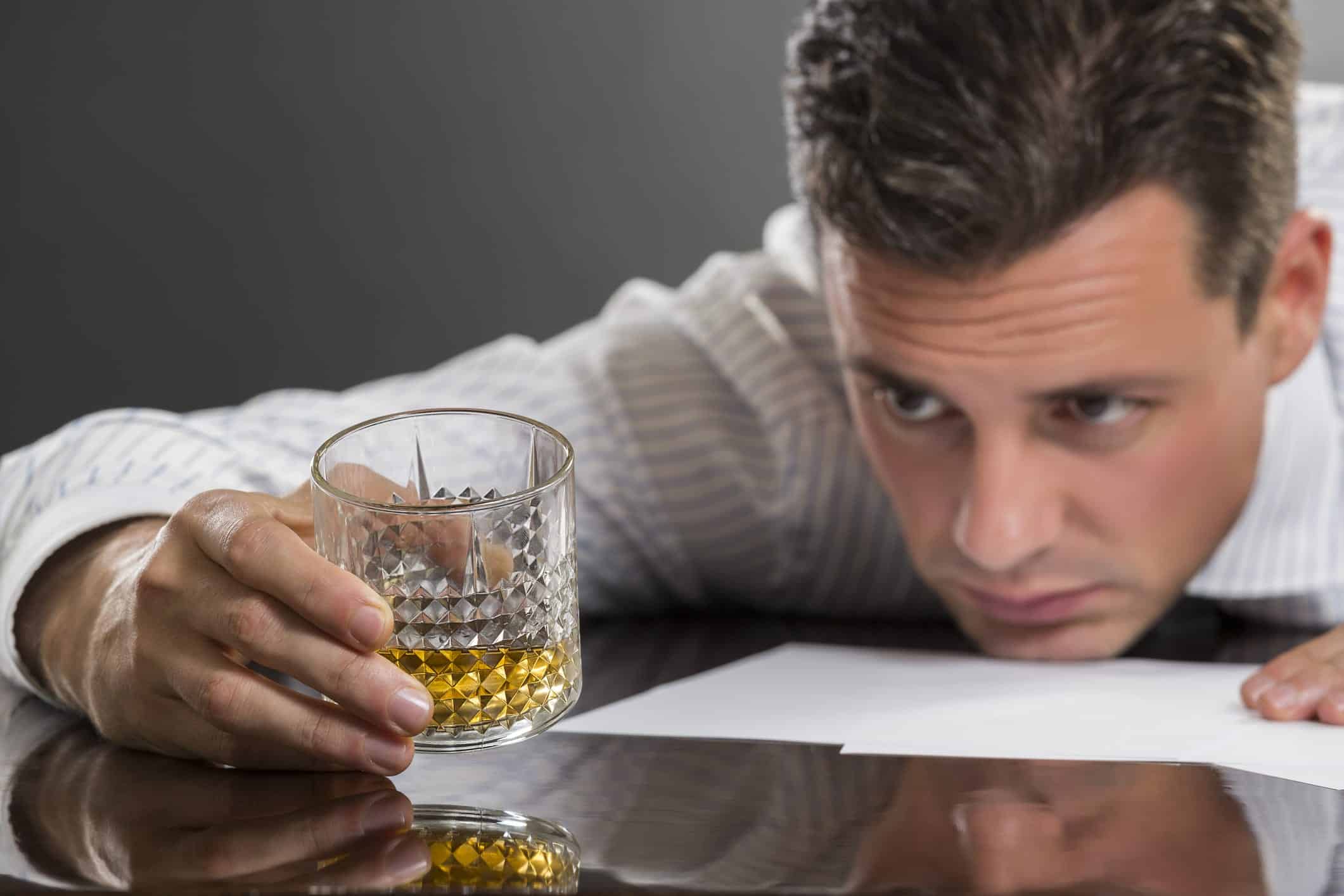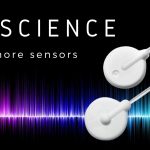Summary: A examine posted in Alcoholic beverages: Clinical and Experimental Study suggests that grown ups with insomnia indications are vulnerable to boost their alcohol usage and binge consuming over a 12 months. By examining rest, circadian attributes, and drinking habits of grownup participants, scientists found sleeplessness severity at baseline predicted long run liquor use. Regardless of minimal total severity, insomnia’s presence was a considerable forecaster of enhanced consuming. The findings emphasize sleeplessness as a opportunity concentrate on for interventions aimed at minimizing trouble ingesting, with cognitive behavioral therapy for sleeplessness as a promising therapy avenue.
Essential Takeaways:
- Men and women with even worse sleeplessness signs and symptoms at the begin of the study were being likely to drink additional and have more repeated binge ingesting episodes about the next year.
- The analyze determined insomnia signs or symptoms as a sizeable predictor of foreseeable future alcohol consumption in older people, even when these signs and symptoms had been at subclinical stages.
- Cognitive behavioral treatment, identified for managing insomnia, might also play a purpose in lessening challenge drinking, whilst proof on its effectiveness in this location reveals combined effects.
Folks with indications of insomnia may possibly be most likely to boost their drinking more than time, according to a analyze printed in Alcohol: Scientific and Experimental Exploration.
In the review of adult drinkers, people who had worse sleeplessness indications at the outset of the review tended to raise the sum they drank and the amount of moments they binge drank for the duration of the subsequent 12 months. The researchers identified that, even at subclinical concentrations, insomnia indicators were a major predictor of long run consuming in adults, suggesting that insomnia signs or symptoms should really be resolved to support lower the threat of issue consuming.
Insomnia’s Affect on Alcoholic beverages Intake
Researchers examined how a variety of rest and circadian characteristics in grownups who drink may well affect their alcoholic beverages use about a calendar year. They compared participants’ self-studies of alcoholic beverages usage at 3-month intervals to baseline measures of sleeplessness severity, rest period, circadian misalignment, and other features.
Only self-claimed insomnia severity and objectively measured whole rest time predicted upcoming alcohol use. Higher severity of insomnia symptoms was involved with a better range of weekly drinks and a larger quantity of monthly binge consuming episodes. Although, over-all, participants’ sleeplessness indicators have been comparatively small in severity, these indicators were being however predictive of later consuming.
The authors counsel that insomnia signs may well be a goal for addressing issue drinking. Cognitive behavioral remedy has been revealed to be powerful in treating insomnia, but prior studies present combined results on no matter if managing sleeplessness is powerful in lessening issue drinking.
The study authors urge warning in deciphering the acquiring that extended rest time predicts alcohol use, which is inconsistent with previous experiments and might be explained by the for a longer time sleep time in the heavier drinkers in the research.
Study Methodology and Implications
Contributors had been adult drinkers aged 21 to 42, which includes gentle drinkers who drank one particular to 5 beverages for every 7 days and men and women who drank closely, that is, 10 or much more drinks per 7 days. For a person week at the outset of the review, contributors wore a wrist check to monitor sleep and action, and saved diaries of slumber, caffeine, alcoholic beverages, and treatment use.
This was followed by a working day-long laboratory go to the place they were assessed employing goal steps for insomnia, circadian choices, melatonin onset and other mood, alcoholic beverages, and circadian and rest components. Subsequent the baseline evaluation, members noted how a lot they were consuming and finished on the web questionnaires about alcohol outcomes, sleeplessness, and mood.
Prior scientific studies have instructed that slumber difficulties, as well as circadian rhythms, may perhaps add to danger for alcoholic beverages troubles, whilst most of the potential scientific tests have been of adolescents and youthful adults. This longitudinal analyze of grownups with a range of drinking behaviors employs objective snooze and circadian measures.
The study’s sample sizing of 78 is the most significant to date to examine the affiliation among goal circadian actions and alcoholic beverages use in adults. Research participants had nominal depression and stress and anxiety, which may well not mirror regular drinkers, and had been largely White, factors that restrict the generalizability of the results.
Photo 311014820 © BiancoBlue | Dreamstime.com





Leave a Reply